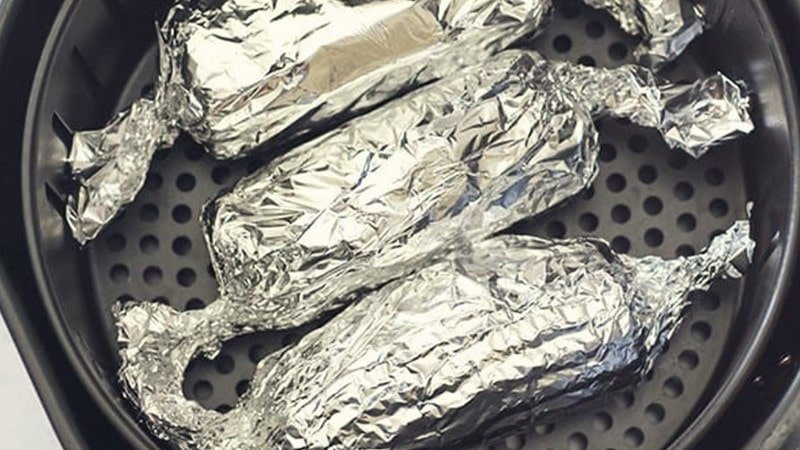Have you ever experienced heartburn (acid reflux) once in a while? That’s completely normal! However, some people continuously suffer from bloating, belching, and burning discomfort almost every time they consume food. These people have Gastroesophageal Reflux Disease or GERD. About 20% of adults in Western cultures have this condition.
Typically, the esophageal sphincter (a tube from your body that connects to the stomach since it lets the food pass into the stomach and cinches shut to block it from coming back up) protects the esophagus from stomach acid. However, since GERD patients’ sphincter relaxes, the food can get pushed upward due to the loosened opening, causing acid reflux or heartburn.
To live with Gastroesophageal Reflux Disease, you must make some lifestyle changes, including your eating habits. Diet has a significant role when it comes to controlling GERD symptoms. Diet changes are the first line of therapy used to ease these symptoms. If you want to improve your life, continue reading to learn how to lessen your symptoms.
Diet Changes
Are you having trouble navigating how to eat correctly? You may be stuck with your old eating method during mealtimes, but these can cause your GERD. The following items are dietary changes you can implement that lessen the chances of getting stomach acid and heartburn:
- Drink your medicine at the time instructed to you by your physician. Be sure to stock up on your medicine to take it when your symptoms persist. You may also get Nexium, Prevacid, Prilosec, or Protonix discounts and coupons to save on costs.
- Avoid lying after eating. Don’t just lay flat right after eating. Try to push yourself to sit up for at least an hour after you finish your meal.
- Avoid eating meals and evening snacks before bed.
- Avoid eating high-fat and large meals. Large meals can make you too full, and stomach acid may come up. High in fat meals can also trigger your GERD.
- Don’t eat on the run. Find a place to sit and enjoy your meal.
- Encourage yourself to eat at least 30 minutes per meal. Try to eat your meals as slowly as possible.
- Instead of three big meals, consider eating four or more smaller meals so you won’t be as complete.
Food to Eat
There are plenty of things you can eat to help prevent acid reflux. You can even eat healthily with the following items. Just stock up your kitchen and pantry with the following three categories:
High-fiber Foods
Eating fibrous foods makes you less likely to overeat since they can make you feel full fast. Overeating can be one of the reasons why you continuously get heartburn. Additionally, it has a great digestive aid in the body. It can also absorb the liquid in your digestive system and reduce the chances of stomach acid displacement.
So, to lessen the occurrence of overeating, load up on the following high-fiber foods:
- Whole grains - couscous, brown rice, and oatmeal
- Green vegetables - broccoli, green beans, and asparagus
- Root vegetables - beets, sweet potatoes, and carrots
Alkaline Foods
One of the reasons people get acid reflux is due to a slow pH in food. Eating food with a higher pH level, like alkaline foods, can help offset strong stomach acid. The following foods are great examples of what you should add to your diet:
- Nuts
- Bananas
- Melons
- Fennel
- Cauliflower
Watery Foods
When patients with GERD eat food that consists of a lot of water, it can dilute and weaken the stomach acid. Thus, it’s less likely that the acid would get displaced. Add the following items to your list:
- Cucumber
- Lettuce
- Celery
- Herbal tea
- Watermelon
- Broth-based soups
Food to Avoid
These are the foods that may cause heartburn. It relaxes the esophageal sphincter, thus delaying the digestive process, which causes the food to stay in the food quite longer than expected. The main culprits are foods that are high in salt, spice, or fat, such as:
- Cheese
- Pizza
- Fast food
- Fried food
- Chili powder and pepper (white, cayenne, black)
- Potato chips and other processed snacks
- Fatty meats like sausage and bacon
Other foods cause the same problem:
- Chocolate
- Tomato-based causes
- Citrus fruits
- carbonated beverages
- Caffeine
- Onions
- Alcohol
During mealtimes, you must practice moderation. It’s the key to having the right amount of these foods without causing heartburn or any symptoms of GERD. You must avoid eating these trigger foods late in the evening, which is close to bedtime. It’s so that it won’t sit on your stomach and would then come up your esophagus when you lay down on your bed.
Final Thoughts
To get proper treatment for gastroesophageal reflux disease, you need first to visit your healthcare provider for an accurate diagnosis. One of the treatments they may recommend is instructing you to lessen your trigger food and eat more of the food mentioned above in the “foods to eat.”
You should know that having a chronic reflux like GERD doesn’t truly get better on its own. Patients would need a doctor’s guidance and the medicine a physician prescribes to get better. If you pair these with maintaining a healthy eating habit, then you can help lessen the chances of getting heartburn once again.



